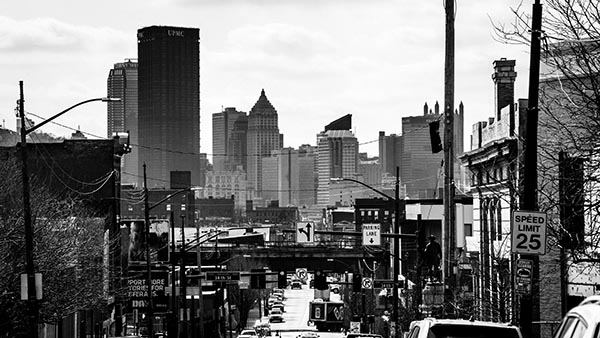If you still don't know who you are going to vote for, you could do worse than read the manifestos of the three main political parties. I recently read the three tomes for the first time in my life and was impressed by their scope and level of detail.
If you still don't know who you are going to vote for, you could do worse than read the manifestos of the three main political parties. I recently read the three tomes for the first time in my life and was impressed by their scope and level of detail.
With respect to yesterday's blog on "The Big Society", all three parties have policies relating to revitalising the civic sphere, but they differ in emphasis.
The Conservative Manifesto, subtitled: "An Invitation to Join the Government of Britain", has a large section called "Change Society" and relevant policy proposals include public service reform (changing the "civil service" to a "civic service" - encouraging civic servants to walk the talk on social action; introducing a "big society day"- I guess it's like a big picnic but more serious...; creating a National Citizen Service so that 16-year-olds get inculcated into the spirit of volunteering and service. There is also the intent to use sport in general and the Olympics in particular to strengthen social bonds. The Conservatives also promise to redirect National Lottery funds back to their original purpose of community development.
[quote]
At a more macro level, they see the family as the core unit of society, and they seek to support them accordingly, through tax credits and an extension of flexible working, as well as an interesting but underdeveloped promise to protect "childhood", rather than just "children".
The Labour Party seem to have decided to link communities to creativity, reflected in the section of their manifesto called: Creative Britain: Active and Flourishing Communities. Community activism is grounded in a commitment to arts, sports and culture….and the volunteering such activities engender. They also promise to protect post offices and pubs as community "hubs". Likewise they promise £235 million for "play areas" like adventure playgrounds. Labour hope to encourage a vibrant voluntary sector and to develop a National Youth Community Service in which youngsters complete at least 50 hours of community service before 19.
I am surprised I haven't heard more of their emphasis on "The New Mutualism" i.e. people buying shares in local pubs, football clubs etc so that they become stakeholders in key aspects of community life. This strikes me as a conceptual counterweight to 'The Big Society', but the first time I came across the idea was the manifesto, so either I have been looking in the wrong places, or Labour decided they didn't need/want to push the idea.
The Liberal Democrat Manifesto makes no big thematic claim on the big society other than to reiterate their longstanding commitment to localism, and to emphasise, as all parties do, that strong communities are important. They do have a section on communities that focuses on crime, housing and immigration, and they promise to put more police on the beat, make the immigration system more transparent, rail fares cheaper, homes affordable, keep post offices open, protect and restore natural environment, and scrap council tax and make it on the ability to pay. They also propose a community owned energy scheme, but I couldn't trace the details.
So with respect to building the big society, the parties are all the same... except for the ways that they are different. The Conservatives are explicit about 'using the state to remake society', Labour's manifesto suggests that communities flourish most tangibly through sports and art, and the Liberal Democrats want communities to be 'strong' and more politically active, with a host of policy proposals to make them so.
Two main reflections come to mind:
1) Obliquity. If all parties agree that we need stronger communities, a more vibrant civic sphere, or even a "big society", does it follow that we should seek these things out? John Kay argues quite forcefully that we rarely achieve social and personal goals by seeking them out directly because the world is just too complicated. Maybe the Big Society is something that has to emerge indirectly from a succession of small gains rather than something that can be created on a national level.
2) Associational Life: In this respect, while all of the parties mention sport, none of them seem to place much emphasis on other forms of informal social life, mother and toddler groups, book clubs, chess clubs, writing groups etc. All parties seem to support the strengthening of social bonds that arise through these less glamorous forms of associational life, but there seem to be few policies in place to support them. In this respect, such aims may be informed by research at My Tribe , a site run by Henry Hemming which is a Nationwide survey of Clubs, associations, societies and informal groups in Britain. This survey will inform a book to be published in 2011, when we may or may not explicitly be trying to build a big society.
Related articles
-
Will Covid-19 transform local public services?
Joan Munro
The way local public sector leaders pulled together has created an opportunity for transformational changes.
-
Glasgow and Pittsburgh: cities of steel
Jamie Cooke
New partnership between two cities with a bright future.
-
Changing how we see heritage can help us build back better
Becca Antink
How the heritage sector is making a difference in local communities.




Be the first to write a comment
Comments
Please login to post a comment or reply
Don't have an account? Click here to register.